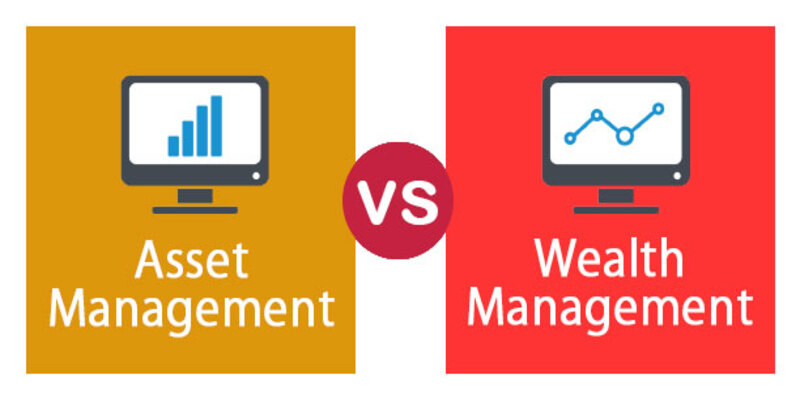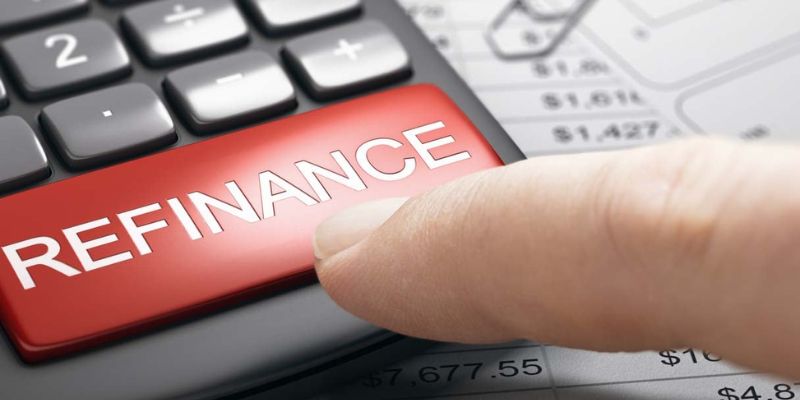Do you want to lower your monthly mortgage payments? Refinancing your current loan could be the solution you’re looking for - but how much does it cost? When weighing up whether to refinance, it's important to understand all the costs involved to make an informed decision.
This blog post'll review everything you need to know about refinancing a home loan, including estimated costs and terms. Read on for more information about refinancing and how it impacts your finances!
Common Mortgage Refinance Fees
When refinancing a mortgage, reviewing all fees associated with the loan is important, as they can impact your total cost. Some of the most common fees for a mortgage refinance include:
1) Closing costs typically include appraisal and title fees, attorney’s fees, points (a percentage of your loan amount), and other miscellaneous charges.
2) Prepayment penalties - You may be charged a fee if you pay off the new refinance loan earlier than expected.
3) Loan origination fee – A fee that covers processing and underwriting expenses. It is usually expressed as a percentage of the total loan amount.
4) Private Mortgage Insurance (PMI) - Most lenders will require you to pay for PMI if you have less than 20 percent equity in your home.
5) Appraisal fee - If the lender requires an appraisal of your home, you may be responsible for a fee.
The type and amount of these fees can vary significantly from one loan to another, so it's important to shop around and compare offers before deciding which refinance loan is best for you. As always, you must read all the fine print carefully and understand all the charges associated with each refinance loan before signing any paperwork. Doing this ensures that you make an informed decision when refinancing your mortgage and reduce costs where possible.
How to Lower the Cost to Refinance
One of the most effective ways to lower the cost of refinancing a mortgage is to shop around for the best deal. It’s important to compare rates and fees from different lenders and loan terms that may be available. It would be best to look for potential discounts or incentives each lender offers. Additionally, consider checking with your current lender if they are willing to provide you with a better rate or waive certain fees in exchange for keeping your business.
Suppose you have a good credit score and enough equity in your home. In that case, you can explore options like reducing your interest rate through cash-out refinance loans or debt consolidation refinances. This way, you can combine multiple debts into one loan and enjoy lower monthly payments and a better interest rate.
You can also save money when refinancing by opting for shorter loan terms. This is because longer-term loans will have higher interest rates and more total fees, so opt for a shorter term if possible. Finally, you can look into federal refinance programs such as the Home Affordable Refinance Program (HARP) or VA Streamline Refinancing, designed to help homeowners refinance their existing mortgages at lower costs.
Reasons to Refinance Your Mortgage
Lower your monthly payments
Refinancing your mortgage is a great way to lower your monthly payments. When refinancing, you can opt for a lower interest rate and better loan terms, resulting in significant savings. The difference between the old loan’s interest rate and fees and the new loan’s will determine how much you can save on your monthly payments.
Additionally, reducing the loan term length with refinancing could help you save money since shorter-term loans tend to have lower interest rates.
Reduce the total cost of borrowing
When refinancing your mortgage, it’s important to consider the total cost of borrowing. This includes all of the fees associated with closing, such as appraisal and title charges, points (a percentage of your loan amount), attorney’s fees, and more.
It’s important to discuss any potential costs with your lender before you sign anything to ensure you are getting the best deal available. Look for discounts or incentives lenders offer to help reduce your total costs.
Consolidate multiple debts into one loan
If you have various debts from different credit cards or other loans, refinancing could be a great option for consolidating them into one loan. This makes tracking and managing your payments easier and can help you save money in the long run by reducing the interest rate. When refinancing multiple debts into one loan, be sure to review all of the terms carefully.
Access home equity for other expenses
By opting for a cash-out refinance loan, you may be able to access some of your home’s equity and use it towards other expenses like consolidating debt or making improvements on your property. However, remember that this type of loan carries higher risks since you borrow more than what is owed on the home’s value.
Take advantage of special refinance programs
Several government-sponsored programs are designed to help homeowners refinance their existing mortgages at lower costs. The Home Affordable Refinance Program (HARP) and VA Streamline Refinancing are examples that can make it easier for eligible homeowners to access a more affordable loan. Research all the requirements and terms before applying for any of these programs.
Alternative Ways to save money on your mortgage
Apart from refinancing, you can still lower your monthly mortgage payments in other ways. Consider making additional monthly principal payments to reduce the loan’s overall balance and interest rate. Additionally, if you have a fixed-rate mortgage, you can make bi-weekly payments instead of just once a month. This way, you can repay your loan faster and enjoy the savings of paying less interest over time.
When it comes to reducing your mortgage costs, make sure that you consider all of the options available to you and explore which one is right for your situation. Refinancing may benefit some homeowners, while others prefer to make extra payments or take advantage of government programs. The key is to do your research and find the solution that works best for you.
FAQs
Q. What are the benefits of refinancing?
A. The biggest benefit to refinancing is that you can reduce your monthly payments or overall interest rate, allowing you to pay off your loan faster and save money over the life of the loan. Additionally, you can access additional cash from the equity in your home.
Q. How do I know if refinancing is right for me?
A. Refinancing can help you save money or gain access to extra funds, but it’s important to consider all the costs involved and make sure it makes financial sense for you in the long run. Work out a budget and consult with a lender to determine your ability to pay off the new loan within its term before making any decisions.
Q. How long does the refinancing process take?
A. Refinancing can take one to three months, depending on your lender and other factors such as appraisals and title searches. Make sure you plan when considering refinancing to have enough time to go through the entire process.
Conclusion
Refinancing a home loan is an important decision that should not be taken lightly. Understanding all of the costs involved, as well as potential benefits, will help you make an informed decision about whether or not refinancing is right for your financial situation. Consult with a lender beforehand to ensure it makes sense in the long run.




